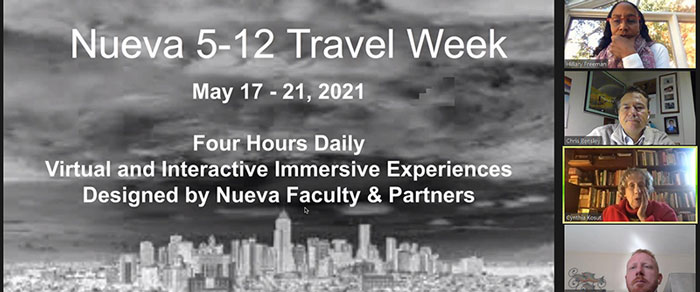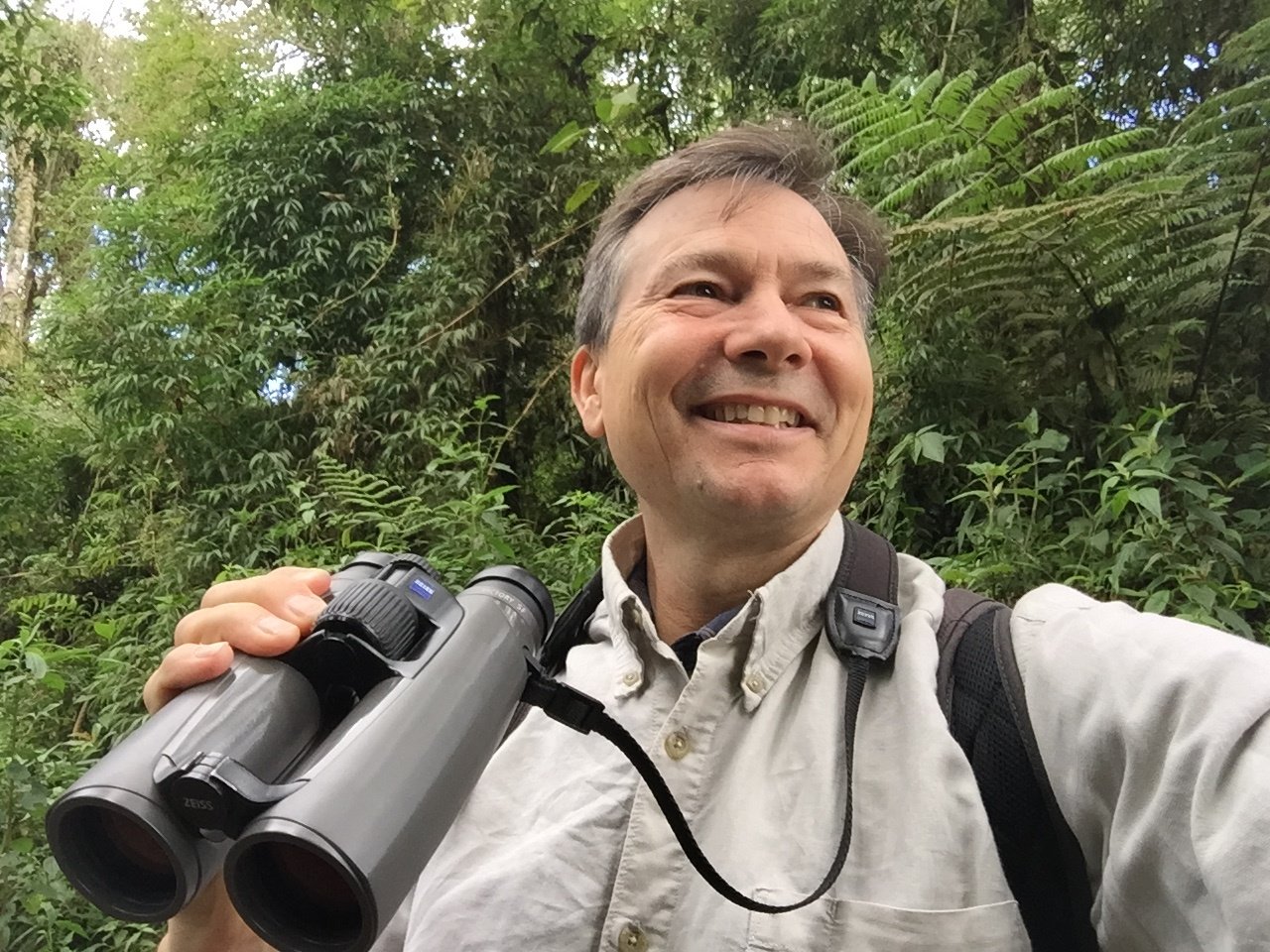Holbrook's Virtual Travel Lineup
Based on their 2021 "Virtual Travel Week" with The Nueva School, Holbrook Travel is proud to offer a series of up-close, impactful virtual travel programs. These modules are between 1-hour to 2-hours, with engaging speakers on location, documentary video, and dynamic visuals.
The modules can be used as a stand-alone experience or preludes to a Costa Rica travel program. Contact marketing@holbrooktravel.com to learn more.
* * * * *
6 Theme-based virtual programs offered by Holbrook Travel

1. The Seelye Family – Sustainable Farming in the Cloud Forest
Get to know members of the Seelye family, who emigrated from Michigan to Costa Rica in the late 70’s due to the political climate and the harsh winters. The Seelye family established a working dairy farm high in the cloud forest at about 10,000 feet elevation, an hour from the nearest town. In addition to the organic farm, the family also established Las Vueltas Lodge, a sustainable guest eco-lodge. Students will hear the story of how “Mama Maxine” made the decision to leave the U.S. and about the experience of being an American pioneer in Central America. Another Seelye family member will walk through their daily life at the lodge and farm, using photos, videos and a presentation. As a class, students will gain a variety of different perspectives which they can absorb and later share with their classmates.
2. The Maleku Community
In this module, students will get to know Alcides Elizondo and some other members of the Maleku indigenous community of Costa Rica. Alcides, who is one of the community leaders, will share about who they are: their culture, history, beliefs, native language, lifestyle and education. Students will also have the opportunity to learn about the challenges and struggles they had to face to recover their sacred lands and rainforests. Despite being a minority group, Malekus keep positive and continue fighting for what belongs to them, this time with education, justice and peace tools. End this presentation with the “Ceremony of the fire” which represents a sacred ritual where they ask God for their wellbeing and the subsistence of the indigenous people. For them, fire represents power and energy from God.
3. Bats Up-Close and Personal
Bats are the most diverse group of mammals in tropical countries, where they play keystone functions in different ecosystems that impact human life in multiple dimensions (economy, agriculture, medicine, and culture). Bats are the only mammals able to fly, given the special adaptations they have evolved (e.g. wings, and echolocation). These adaptations have enabled them to conquered the night sky, fly long distances, and access different feeding resources; these characteristics make of bats a model for spatial and movement ecology. Our scientific understanding of the diversity and movements of tropical bats is limited, especially along altitudinal gradients with different t elevations, life zones, and climates, therefore current research is on the way in Costa Rica to unveil these topics. Despite their cultural, biological and economic importance bats face multiples threats, both in temperate and tropical countries, therefore, novel scientific information on these topics will be useful for policy makers, environmental organizations, and the general public willing to allow the future conservation of bats.
4. The Afro-Costa Rican Community
Costa Rica takes pride not only in its natural beauty and variety of ecosystems, but also in its diverse, multi-ethnic heritage, including a vibrant Afro-Costa Rican community. Almost 10% of the population is of African descent, half of whom live on the Caribbean coast. We’ll meet Karla Taylor, a prominent community member whose family has a longstanding reputation for Turtle Conservation. Karla will takes into her daily life, with a view into the delicious food, rhythmic music, and vibrant culture. She’ll recount the immigration history of migrant workers on plantations. The diaspora theme will include the life of students today in the coastal villages, where she lives now in Cahuita.
5. Learning Salsa Dancing
In this class, dance instructor, Meylin Vazquez Cordero, will teach students the basic steps for three basic Latin rhythms; salsa, swing criollo, and bachata. Meylin will also provide important details about each musical genre and each type of dance such as a brief history of the music and dance as well as how and where the music is enjoyed today. This is a great opportunity for students to learn about Costa Rican culture. It is also a great opportunity to move and spend some energy! Pura Vida!
6. Cooking Empanada with Heizel
Learn how to make a traditional Costa Rica empanada, a turnover consisting of pastry with a savory or sweet filling. Our teacher on this culinary adventure, Heizel Valerio Hidalgo, is a mother, artisan, and entrepreneur who will share a bit about herself and her small town called El Roble in the lowland tropical region of Costa Rica in the province of Heredia. We will then start the cooking part of the class and Heizel will provide instruction on preparing bean and/or cheese-filled empanadas. Afterward, you can take the empanadas home to do the last bit of preparation there to share them with family if you like….or keep them all for yourself.
Contact marketing@holbrooktravel.com to learn more.




